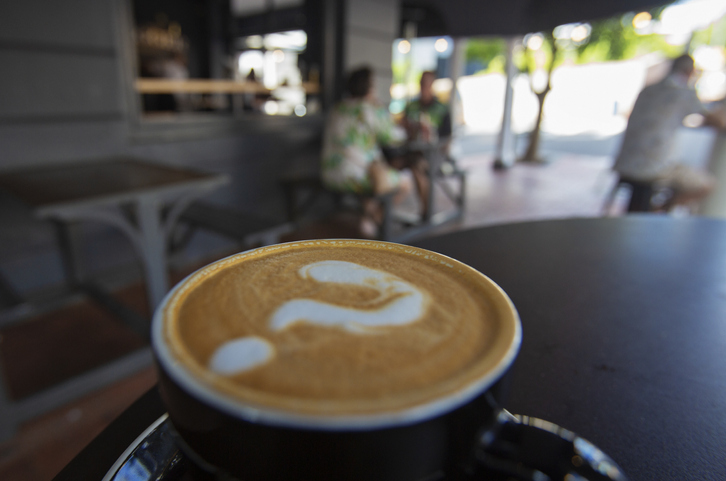Restaurants must look at improving their own business operations before penalising diners with exorbitant surcharges, a practice we expect to see this coming public holiday, a marketing expert warns.
According to Dr Sandy Fitzgerald, Senior Lecturer, Marketing at RMIT University, “It has become a standard practice that cafes and restaurants inflict a 10-15 per cent surcharge on diners on public holidays, weekends and ‘peak periods’, in addition to the 10 per cent GST and a 1.2 per cent card service fee”.
However, she says that in this economic climate where consumers have less disposable income, they are less tolerant of this practice.
“Despite how unhappy consumers are, there’s not much that can be done as the ACCC stipulates that businesses can charge whatever amount they want – so long as they don’t hide their surcharges.
“Businesses argue that surcharges keep their doors open because the operating costs of running a business on certain days are higher (mainly wage-related).
“However, many people have criticised restauranteurs for charging exorbitant surcharges yet failing to deliver good service experiences. In turn, customers avoid dining during these periods, meaning less income for the business,” Dr Fitzgerald says.
“Restaurants should look more closely at operating costs, make intelligent decisions and think creatively to improve their profit margins rather than relying on surcharges to make a profit (if that) or break-even. They can do this by:
- Reducing food costs – make informed decisions on what to serve on the weekends and public holidays. Is there a cheaper/healthier alternative? Should they have a different menu for weekends?
- Reducing serving sizes and removing unpopular dishes – reduce portion sizes on certain dishes, especially if staff notice constant food wastage on some dishes.
- Improving service – great service encourages diners to return and has potential to bring in new customers through word-of-mouth referrals.
- Rewarding regulars – there is potential in creating a system where regulars are charged a lesser surcharge.
“This will help them stand out from the rest of their competitors and in the long run, their business remains viable,” Dr Fitzgerald suggests.



